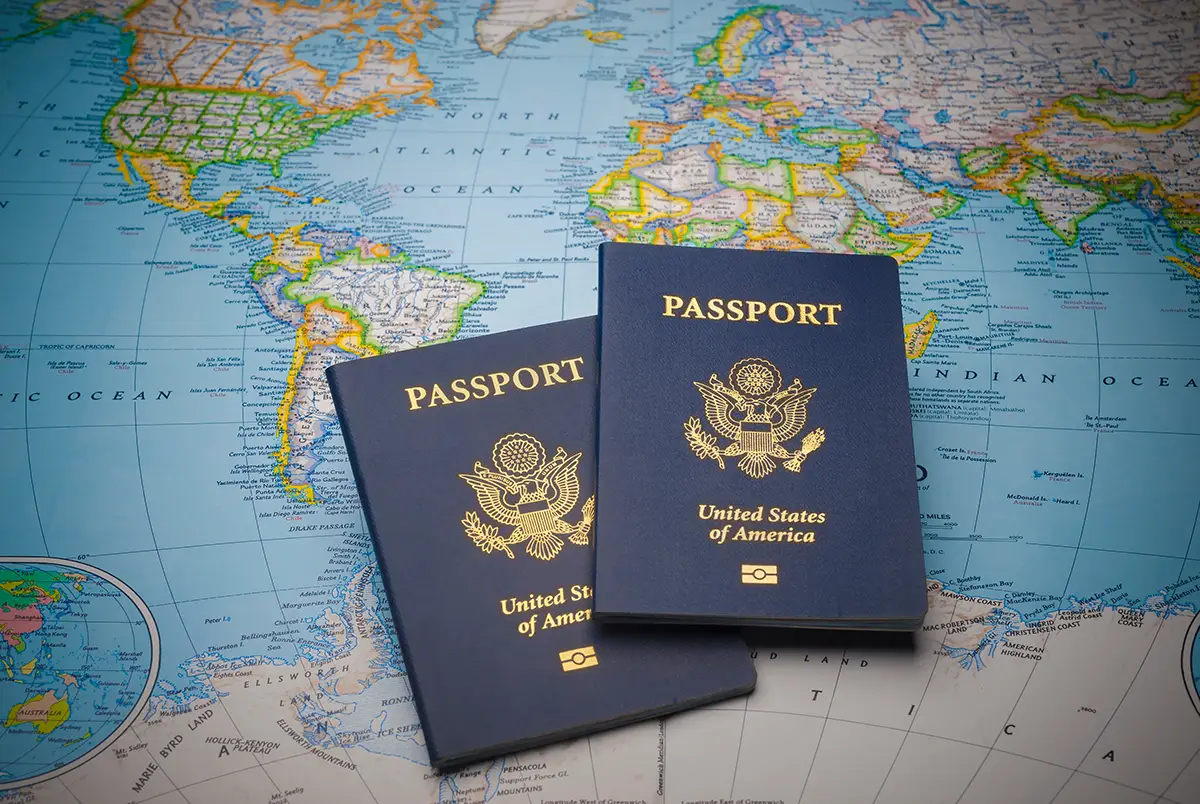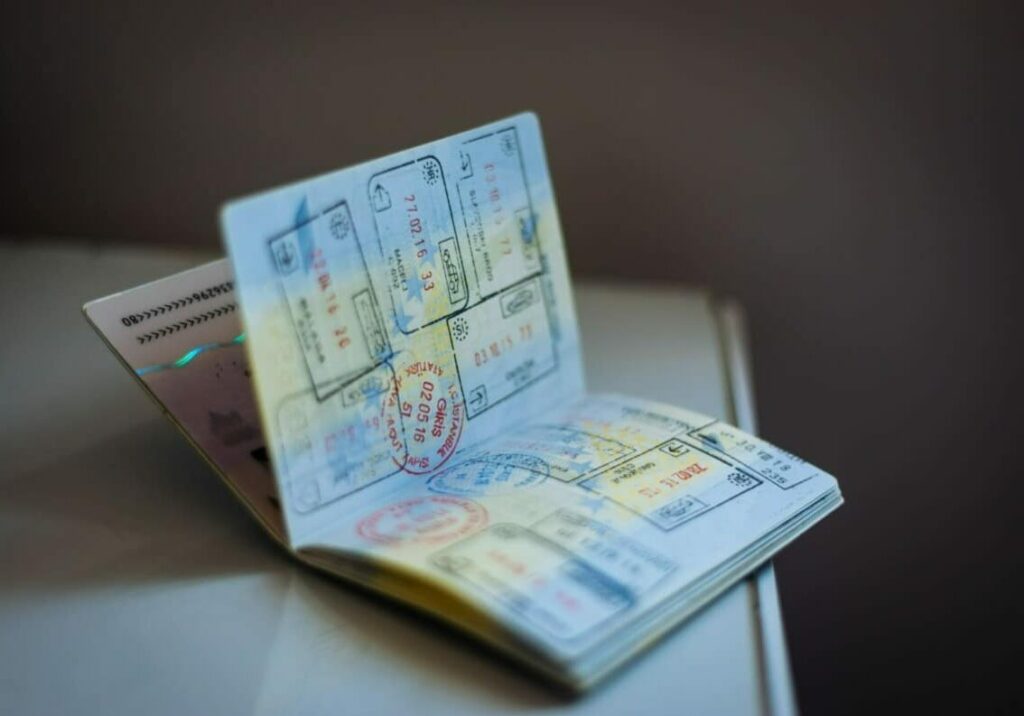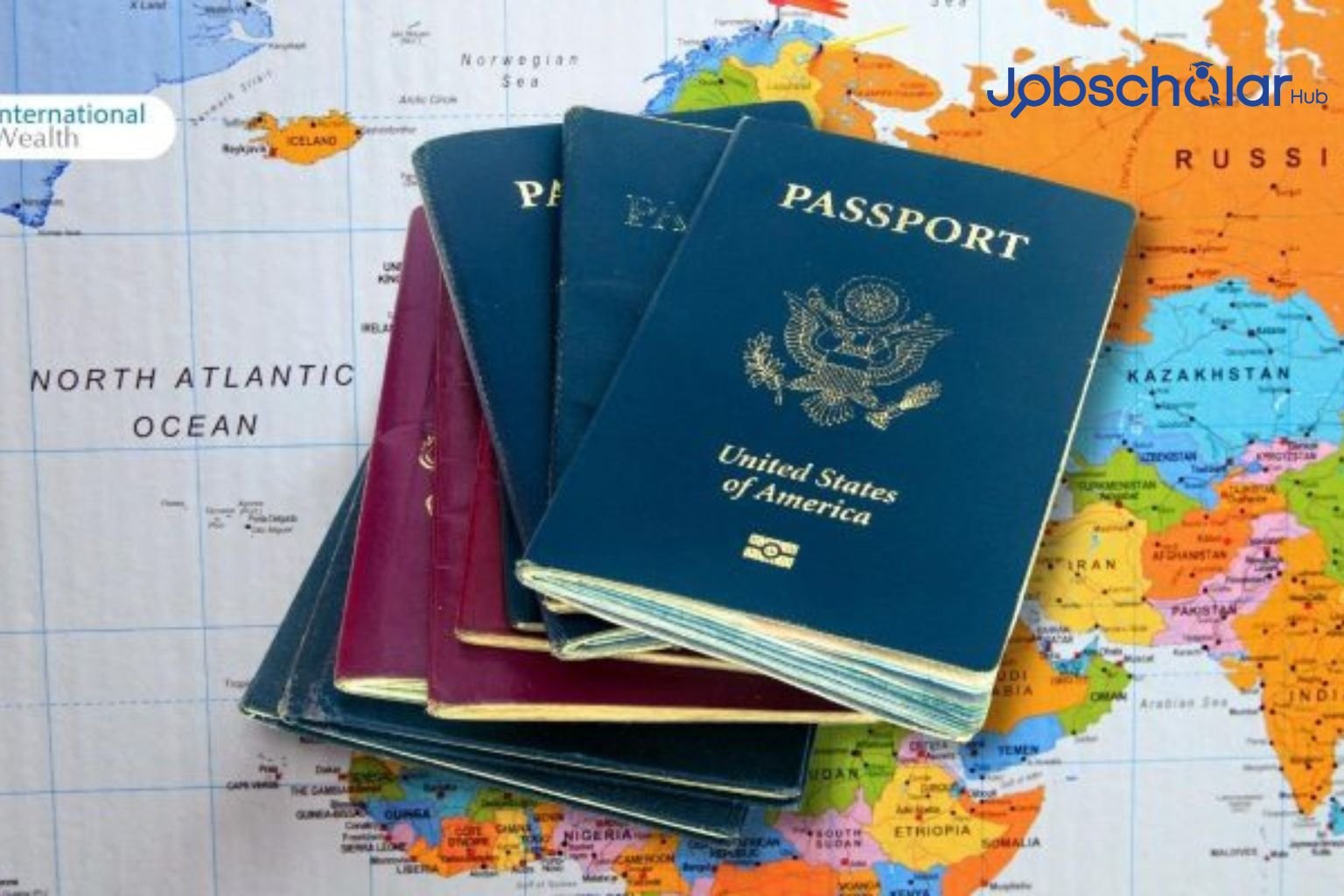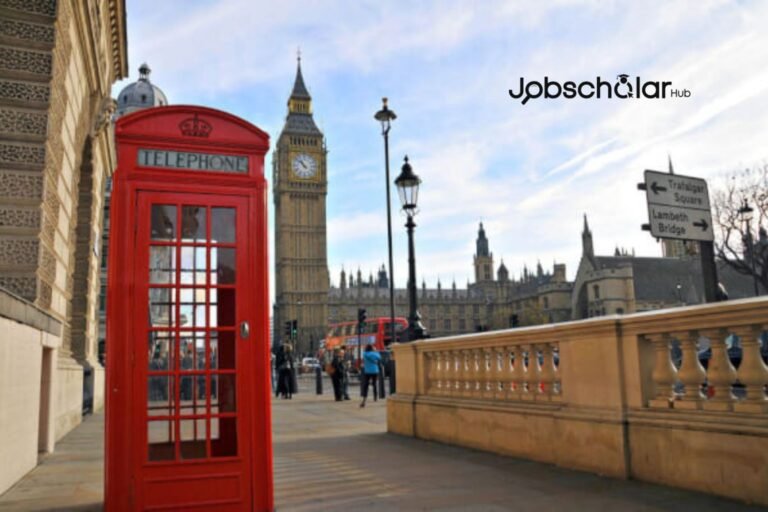Thinking about getting dual citizenship? You’re not alone. More people than ever are exploring second passports for protection and flexibility. The pros and cons of dual citizenship can be life-changing – from easy travel and better job opportunities to expensive tax problems and military service. Before you spend thousands on applications and lawyers, you need to know what you’re really signing up for. This guide breaks down the real pros and cons of dual citizenship in simple terms, so you can decide if having two passports is worth it.
Table of contents
Can You Actually Go Anywhere With Dual Citizenship?

The primary purpose that people want dual citizenship is freedom to travel. In possession of two passports, you may also have an easier way into countries that might otherwise require costly visas or shut you out altogether. Consider that a dual citizen of the US and Germany can travel to 190+ countries without need of visa, as opposed to just 185 with a US passport alone. It may not seem like a lot, but those additional countries might contain important business destinations or dream vacation spots.
But the pros and cons of dual citizenship for travel aren’t always straightforward. Some countries get suspicious when they see multiple passports, especially at security checkpoints. Immigration officers might question why you have two citizenships or worry about your loyalty. You also need to be careful which passport you use – entering a country on one passport and trying to leave on another can cause serious problems.
Check out: Can Senior Citizens Move to Canada? | Full 2025 Guide
Will You End Up Paying Double Taxes for Dual Citizenship?

Money matters, and the pros and cons of dual citizenship include some expensive surprises. The biggest financial risk is double taxation, where both countries want to tax your income. The US is especially tough – American citizens must file tax returns and potentially pay US taxes on worldwide income, even if they haven’t lived in America for decades.
This gets expensive fast. Professional tax help for dual citizens typically costs $2,000-$5,000 per year, compared to $200-$500 for regular folks. You might need to report foreign bank accounts, investments, and business interests to multiple governments, with penalties reaching tens of thousands of dollars for mistakes. Some people end up paying more in accounting fees than they save from their dual citizenship benefits.
The good news is that many countries have agreements to prevent true double taxation. But these treaties are complicated and don’t cover every situation. Retirement planning becomes a nightmare when both countries want to tax your pension, and investment accounts that save taxes in one country might be heavily taxed by the other. Before pursuing dual citizenship, calculate the real costs – they might outweigh the benefits.
Read: The Difference Between Freelancing and Full-Time Jobs
What Happens If Both Countries Want You to Serve in the Military?

Military service is one of the most overlooked cons in the pros and cons of dual citizenship discussion. Countries like Switzerland and South Korea require all male citizens to serve, regardless of how they got citizenship. This isn’t optional – Swiss men must serve 245 days or pay 3% of their income until age 37 as an alternative tax.
The timing can wreck your plans. Some countries require service by a certain age, meaning you might have to interrupt college or your career to fulfill military duties. South Korean dual citizens must choose between their citizenships by age 18 to avoid military service, forcing them to give up one nationality entirely. For people living abroad, military service could mean relocating for months or years, leaving family and jobs behind.
Even if you’re willing to serve, some countries won’t let you leave if you haven’t completed your military obligations. This can trap dual citizens in countries they barely know, unable to return home until they fulfill duties they never signed up for. The pros and cons of dual citizenship take a dark turn when you realize that second passport might come with a uniform and rifle you never wanted.
Read: Best Online Schools That Give Refund Checks And Laptops
Could Dual Citizenship Hurt Your Career?

Career impact is a hidden part of the pros and cons of dual citizenship that many people discover too late. The US restricts dual citizens from many government jobs requiring security clearance, including CIA, FBI, and State Department positions. Even private companies working with the government might hesitate to hire dual citizens due to security concerns.
The scrutiny goes beyond government work. Banks and financial companies sometimes view dual citizenship as a compliance risk, potentially limiting advancement in lucrative fields. The background check process for dual citizens is longer and more invasive, requiring detailed information about foreign family members and financial ties that single-citizenship applicants don’t face.
Some countries also restrict dual citizens from military leadership positions or accessing classified information. This can block career paths people spent years working toward. International businesses might worry about conflicts of loyalty, especially if tensions exist between your two countries. The pros and cons of dual citizenship include situations where that second passport becomes a liability instead of an asset, closing doors instead of opening them.
Read: Top 15 Countries for Skilled Workers | 2025 Updated List
Is the Paperwork and Hassle Worth It?

Keeping two passports valid is its own part-time job. Each country has its own renewal circus. A US passport runs you $130 and lasts a decade, but try some European ones: over $200, and they vanish in five years.
Then there’s taxes. You’re not just filing twice; you’re juggling two sets of rules, hunting down accountants who speak both bureaucracies, and praying you didn’t miss some obscure form. Some countries even fine you for not voting. If you live abroad, they might not bother telling you elections are happening until the penalty letters show up.
Most people waste a full workweek every year just keeping their status legal, time normal folks get to spend actually living life, not begging governments for permission to exist twice.
Read: Top Pharmaceutical Companies That Sponsor H1B Visas
FAQs
Yes, some countries revoke citizenship for extended absence, criminal convictions, or acts they consider disloyal to the nation.
It depends on each country’s laws – some give citizenship by birth location, others require citizen parents.
Most countries don’t limit multiple citizenships, but places like Singapore and Japan generally prohibit dual citizenship entirely.
Usually no, most countries won’t extradite their own citizens, creating legal complications for international law enforcement.
Often yes, though some countries have agreements to prevent double social security taxation in specific situations.
You could face impossible loyalty conflicts and might be viewed with suspicion by both governments during the conflict.
Conclusion
Both the benefits and drawbacks of dual citizenship reveal a multilevel decision with long-term ramifications. For as much liberty as dual citizenship grants in travel and in opportunity, the negatives can be financially devastating and personally disruptive. Double taxation, military service, career restriction, and bureaucratic inconvenience affect everyone equally. The test is truly whether the benefits outweigh the costs in your situation.
Do not apply for dual citizenship just for easy travel or business convenience. The reality is ongoing commitments, expenses, and problems that most people underestimate.
Ready to find out what’s open to you? Consult with an immigration attorney today on whether dual citizenship is suitable for your goals.
Before you go, read: How To Immigrate to Sweden | Full Guide






